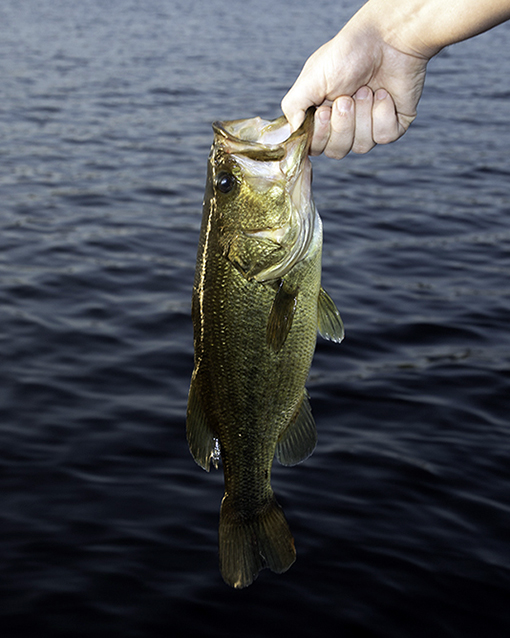
Early-season fishing could be impacting smallmouth bass during the spawning period in Fisheries Management Zone (FMZ) 20, which includes the Canadian side of Lake Ontario, but opinions vary on a possible solution.
In 2013, changes were made to bass seasons in inland waters of southern Ontario, including FMZs 17, 18, and 20. The changes in 17 and 18 were a result of data collected by Ontario Ministry of Natural Resources and Forestry (MNRF)-affiliated Harkness Laboratory of Fisheries Research researcher Mark Ridgway.
The season was extended by three weeks – opening a week earlier in June and remaining open until mid-December, as Ridgway’s data showed that nesting times were beginning seven to 10 days earlier over the last 40 years.
Since the regulation changes in 2013, new research from Queens University’s Freshwater Fisheries Conservation Lab, supervised by Bruce Tufts, has identified potential concerns with the current bass season.
Findings suggest many smallmouth bass in Lake Ontario (FMZ 20) are still providing parental care when the season opens on the third weekend of June. This raises the question of what preventative steps should be taken to ensure conservation during this critical time.
Separate seasons possible
One solution may be separating the current shared bass season for smallmouth and largemouth, to allow nesting smallmouths more time undisturbed.
But that could also complicate matters.
“A separate bass regulation might be hard to enforce because some anglers can’t tell the difference between largemouth and smallmouth bass, at least when they’re still in the water,” stated Dr. Michael Fox, a professor with Trent University’s Environmental & Resource Studies Program and former member of the FMZ 17 Advisory Council.
However, Scott Blair, a masters candidate in the Environmental and Life Sciences program at Trent University, has a different outlook.
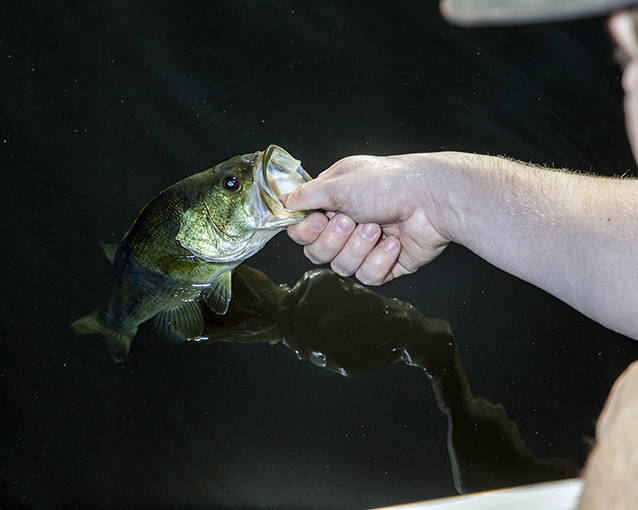
During the spring, he often fishes for bass on Lake Erie in New York state, where the bass fishing remains legal year-round with a strict catch-and-release season from December 1 to the third Saturday in June.
Last year, Blair says he spotted Lake Erie smallmouth nesting on the third weekend of May, but this year, they weren’t nesting until mid-June. He saw a similar pattern in Georgian Bay this June, where he noticed smallmouth still on their nests protecting fry during the third weekend.
“I am certainly in favour of changing the bass seasons, as the United States has full-year fishing seasons with very healthy bass populations,” Blair said, though suggesting anglers should have to immediately release bass at that vulnerable time.
Opinions mixed
Dave Reilly, an avid angler who has been fishing in FMZ 18 – which includes Ottawa and much of eastern Ontario – for more than 65 years, said he and others were shocked when opening day was moved a week earlier in 2013.
“We all felt it should have been moved back to a week later as the spring was colder,” he wrote via email.
Reilly, who called watching bass spawning one of his favourite pastimes, said bass are not getting enough time to reproduce.
“This spring the fry hatched the day before opening day of bass fishing,” he wrote. “I hope the MNRF realizes the mistake and corrects it for (FMZ 18), and not just zone 20. Please consider moving the date back.”
Bass on every continent
Bass are one of the most popular game fish in North America. Once confined to central North America, smallmouth have experienced a rapid and dramatic expansion over the past century, Emily Funnell – formerly of the then-called MNR Fisheries Policy Section – wrote in “The Smallmouth Bass in Ontario” in March 2012.
Funnell also noted that bass have been introduced into almost every continent in the world as a result of natural dispersal through drainage networks, stocking by fisheries management agencies, and unauthorized and accidental introductions.
Getting it right
Unpredictable water temperatures are another challenge to balancing conservation of bass populations while providing angling opportunities.
“Seasons are just one regulatory tool. Other tools such as catch limits and size-based restrictions can be used in concert with seasons to find the right balance between providing fishing opportunities and ensuring sustainable fish populations,” stated MNRF Fisheries Section Senior Biologist Dan Taillon via email.
Ontario Federation of Anglers and Hunters (OFAH) Fisheries Biologist Adam Weir pointed out that there are polarizing viewpoints on Lake Ontario and St. Lawrence River smallmouth management.
FMZ input opportunity
The FMZ 20 Advisory Council is the ideal platform for the MNRF and stakeholders to discuss the issue, Weir said.
“It’s an opportunity to collaborate, share ideas and expertise to find the most appropriate path forward. Advisory councils can benefit our fisheries by helping develop and implement management strategies supported by consultation and engagement with anglers, government agencies, and conservation organizations like the OFAH.”
“The OFAH fully supported the earlier bass season when it was proposed in 2012, but we requested more research into the timing of bass spawning in Lake Ontario to ensure the changes were appropriate,” Weir said.
“The emerging research indicates that we need to review bass seasons in FMZ 20 to determine if changes are required. This is a good example of how fisheries management can potentially change and adapt as new information becomes available and conditions evolve.”



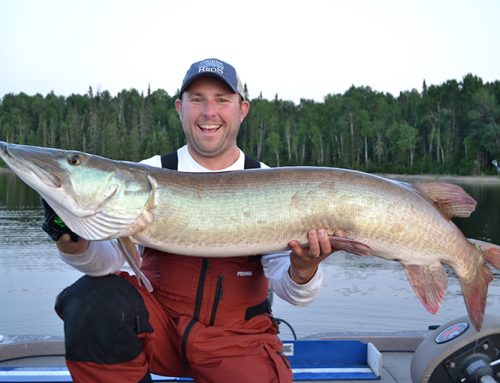
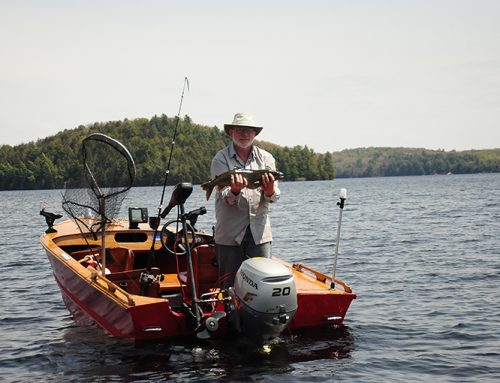
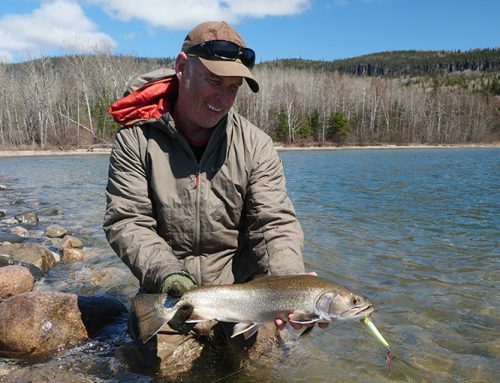
Leave A Comment